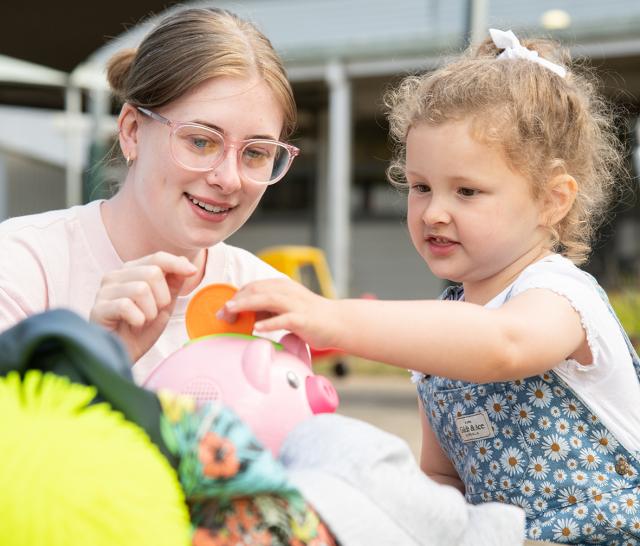In the vast landscape of therapies aimed at improving the lives of individuals with autism, applied behaviour analysis (ABA), an evidence-based approach to understanding and influencing behaviour, has demonstrated extraordinary results in helping autistic children reach their fullest potential.
CEO of Abacus Learning Centre in Hastings, Taimi Clinch, said, “ABA is a structured, data-driven approach that uses the principles of learning theory to break down complex skills into smaller, manageable components.”
“The tasks are designed to build on the child’s achievements.
“When the child experiences task success, the therapist celebrates with great enthusiasm.
“The use of positive reinforcement makes Abacus a delightful place to work, full of fun and celebration.”
One of the key strengths of ABA therapy is its adaptability. It is not a one-size-fits-all solution.
Instead, it recognises that every individual is unique, with their own set of strengths, challenges, and goals.
ABA programs are highly individualised, ensuring that the therapy aligns with the specific needs and abilities of each child.
Early intervention is crucial, as it can lead to significant improvements in social skills, communication, and behaviour.
The structured nature of ABA helps children develop essential life skills, often unlocking doors that would have remained closed without the guidance and support of this therapy.
A former Abacus parent recently said, “There is an intangible magic that happens at Abacus, it’s what sets them apart and always will.
“Abacus has changed my family’s life in ways we could never entirely express.”
Visit www.abacuslearning.org.au for more information.








